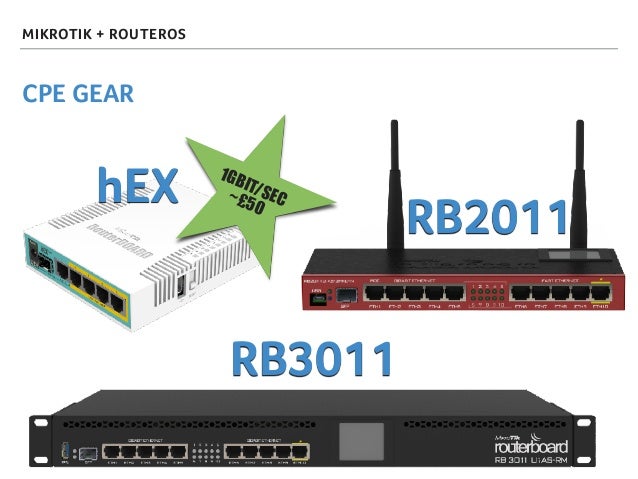


defconf - fixed rare situation where configuration was only partially loaded.dhcpv6 - various improvement and fixes for dhcp-pd client and ippool6.winbox - dropped support for winbox v3.0beta and v3.0rc (use winbox v3.0).dns - initial fix for situation when dynamic dns servers could disappear.get_resource ( '/ip/firewall/address-list' ) list_address. disconnect () Other Example: list_address = api. remove ( id = "*2" ) Close conection: connection. get ( name = "jhon" ) Remove element: list. get ( attribute = value ) Example: list_queues. set ( id = "*2", name = "jhon" ) Get element: list. set ( id, attributes ) Example: list_queues. NOTE: Atributes with -, like max-limit use underscore _: max_limit Example: list_queues. add ( attribute = "vale", attribute_n = "value" ) get_resource ( '/queue/simple' ) Show all elements list_queues. get_resource ( '/command' ) Example list_queues = api. call ( '' ,) Fetch List/Resource list = api.
#Mikrotik routeros v6.33 password
RouterOsApiPool ( host, username = 'admin', password = '', plaintext_login = True ) Execute CommandsĬall this with a resource and parameters as name/value pairs. It is highly recommended only to use this option with SSL enabled. The disadvantage is that it passes the password in plain text.įor security we only attempt the plaintext login if requested using the plaintext_login parameter. RouterOS Versions v6.43 onwards now use a different login method. RouterOsApiPool ( '', username = 'admin', password = '', use_ssl = True, ssl_verify = False, ssl_verify_hostname = False, ) Login for RouterOS v6.43 onwards if using a self-signed certificate, you can (but probably shouldn't) use: connection = routeros_api. Ssl_verify and ssl_verify_hostname are provided.Į.g. Ssl_context parameter, but for typical use-cases with self-signed certificates, the shorthand options of The most flexible way to modify SSL parameters is to provide an SSL Context object using the This will automatically verify SSL certificate and hostname. RouterOsApiPool ( '', username = 'admin', password = '', use_ssl = True )

If we want to use SSL, we can simply specify use_ssl as True: connection = routeros_api.

username - String - Login username - Default 'admin'.host - String - Hostname or IP of device.RouterOsApiPool ( host, username = 'admin', password = '', port = 8728, use_ssl = False, ssl_verify = True, ssl_verify_hostname = True, ssl_context = None, ) RouterOsApiPool ( 'IP', username = 'admin', password = '' ) api = connection. Usage Connection #!/usr/bin/python import routeros_api connection = routeros_api. Python API to RouterBoard devices produced by MikroTik.


 0 kommentar(er)
0 kommentar(er)
